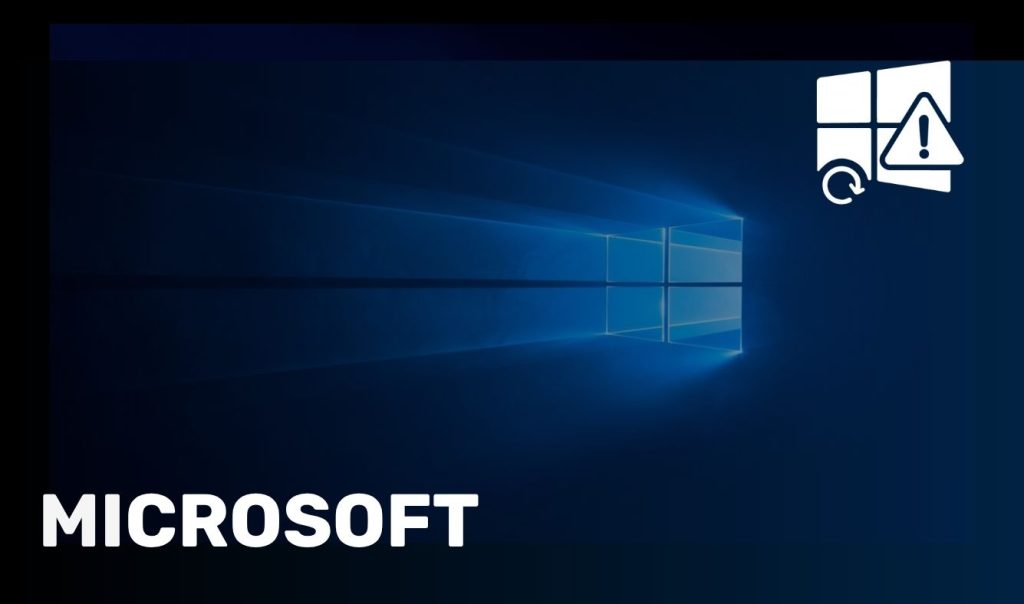Data is one of the most valuable assets for any organisation. From critical business information to customer data, losing such data can have devastating consequences.
The recent CrowdStrike IT outage, which impacted 8.5 million Windows devices worldwide, serves as a stark reminder of the importance of having robust data backup strategies. This incident underscores the need for businesses to prioritise data protection and ensure they are prepared for unforeseen disruptions.
In this blog post, by Creative Networks, get to know how to Backup your Data before its Too Late and best practices and alternatives to store data offline and online.

The Importance of Data Backup
Data backup is essential for protecting vital business information from loss or corruption. It involves creating copies of data and storing them in various locations, such as on-premises servers, cloud storage, or external devices. This practice ensures that in the event of a disaster, system failure, or cyberattack, businesses can quickly recover their data and resume normal operations.
The primary benefits of data backup include preventing data loss from accidental deletions, hardware failures, and cyberattacks. It is also crucial for business continuity, allowing companies to restore critical functions and services after disruptions. Moreover, data backups help businesses comply with industry regulations, avoiding legal penalties and demonstrating a commitment to data security.
While setting up a backup system requires an initial investment, it saves businesses from the high costs associated with data recovery and downtime. Additionally, secure backups provide peace of mind, ensuring that vital information can be recovered and operations can continue with minimal disruption.
Best Practices for Data Backup
To safeguard your business from data loss and ensure swift recovery during outages, it’s crucial to implement effective data backup strategies.
Here are some best practices to consider:
- Regular Backups: Schedule consistent and frequent backups of all critical data. This practice ensures that the most recent data is always available, minimising the risk of significant data loss. Regular backups should be automated and include all vital
- Offsite and Cloud Storage: Diversify your backup locations by using both offsite and cloud-based storage solutions. Storing data in multiple locations protects against localized disasters, such as fires or floods, that could damage on-site servers. Cloud storage offers scalable and secure options for data protection, including:
- Amazon Web Services (AWS) S3: AWS provides scalable object storage with high durability and availability.
- Microsoft Azure Backup: A reliable and cost-effective cloud backup solution that integrates with Azure services.
- Google Cloud Storage: Google Cloud offers versatile and secure storage options for different data types.
- Backblaze B2: Backblaze is known for its affordability and ease of use, suitable for small and medium-sized businesses.
- Automated Backup Solutions: Implement automated backup solutions to ensure backups are performed consistently and on schedule. Automation reduces the risk of human error and ensures that backups occur without fail, even if staff are unavailable or forget to initiate them.
- Encryption and Security: Protect your backups with strong encryption to secure sensitive data from unauthorised access. Implement secure access controls to ensure that only authorized personnel can access backup data. This is critical for compliance with data protection regulations and for protecting sensitive information from breaches.
- Regular Testing: Regularly test your backup and recovery processes to confirm they work as expected. This involves conducting recovery drills to simulate different disaster scenarios and ensure that data can be restored quickly and efficiently. Regular testing helps identify and rectify any issues in the backup process before an actual disaster occurs.
- Data Retention Policies: Develop and enforce clear data retention policies to determine the appropriate duration for storing different types of data. This helps manage storage costs, ensures that data is retained only as long as necessary, and helps maintain compliance with legal and regulatory requirements.
The Recent CrowdStrike IT Outage: A Case Study
The recent IT outage involving CrowdStrike, a leading cybersecurity technology firm, highlighted the critical importance of data backup. The outage, which occurred on July 19th, 2024, was caused by a faulty update to CrowdStrike’s Falcon product. This update led to the infamous “Blue Screen of Death” (BSOD) on millions of Windows devices, causing widespread disruption across various sectors.
The incident affected numerous organisations, including airlines, healthcare providers, and public services. It disrupted flight operations, healthcare services, and even public safety systems. The outage underscored the interconnectedness of today’s digital ecosystem and the potential for widespread impact when critical systems fail.
For many businesses, the incident was a wake-up call to reevaluate their data backup and disaster recovery strategies. Those with robust backup systems were able to restore their data and resume operations more quickly, while others faced prolonged downtime and financial losses.

Key Reasons to Backup Your Data:
- Protection Against Data Loss: Data can be lost due to hardware failures, software corruption, accidental deletion, or malicious attacks. Backups provide a safety net, allowing businesses to restore lost data and minimize downtime.
- Business Continuity: In the event of a disaster or system outage, having access to backed-up data ensures that businesses can continue operating with minimal disruption. This is crucial for maintaining customer trust and meeting regulatory requirements.
- Compliance Requirements: Many industries have strict data protection regulations that require businesses to maintain backups of critical data. Failing to comply with these regulations can result in hefty fines and reputational damage.
- Mitigation of Ransomware Threats: Ransomware attacks, where cybercriminals encrypt data and demand a ransom for its release, are on the rise. Having secure backups can help businesses avoid paying ransoms and quickly restore their data.
Cloud-Based Backup Options:
1. Microsoft OneDrive: OneDrive is Microsoft’s cloud storage service, offering integration with Windows and Office apps. It enables file storage, sharing, and synchronisation across devices. OneDrive for Business includes features like file versioning and data encryption, making it a secure and user-friendly backup solution.
2. VMware: VMware provides cloud services and virtualisation technologies, including vSphere and vCenter, for managing and backing up virtual machines. It offers automated backups, high availability, and integration with other backup solutions, making it ideal for enterprises managing multiple virtual environments.
3. Dropbox: Dropbox is a popular cloud storage service known for its simplicity. It allows for secure file storage, sharing, and collaboration. Dropbox Business offers advanced features like extensive file recovery and administrative tools, making it versatile for various business needs.
4. N-able Backup: N-able Backup, is designed for MSPs and IT professionals. It provides comprehensive backup options for servers and workstations, with features like automated backups and secure cloud storage. Its centralised management console makes it easy to monitor and manage backups across multiple devices.
The recent CrowdStrike IT outage serves as a powerful reminder of the critical importance of data backup. In an era where data is invaluable, businesses cannot afford to overlook the necessity of robust data protection measures.
By implementing best practices for data backup and disaster recovery, organisations can safeguard their critical assets, ensure business continuity, and protect themselves against future disruptions.
Don’t wait until it’s too late—backup your data now and secure your business’s future.
Contact Creative Networks Today
At Creative Networks, we specialize in providing managed backup solutions tailored to your business needs. Whether you’re looking to secure data on-site or require remote backup services, our expert team is here to ensure your critical information is protected.
Don’t leave your data vulnerable—let us handle your backup and disaster recovery planning, so you can focus on what you do best.
Secure your data with Creative Networks’ Managed Backup Solutions.




